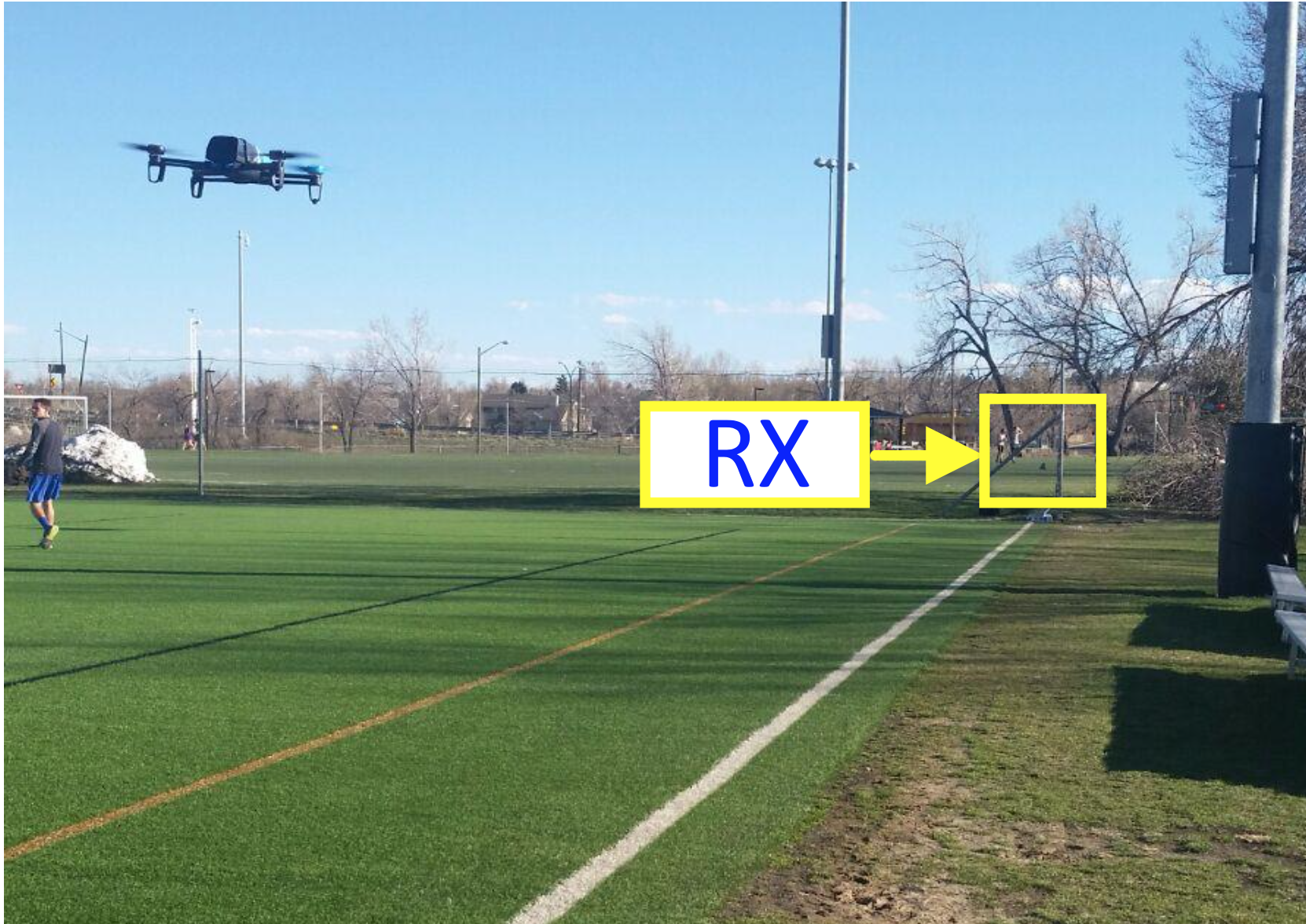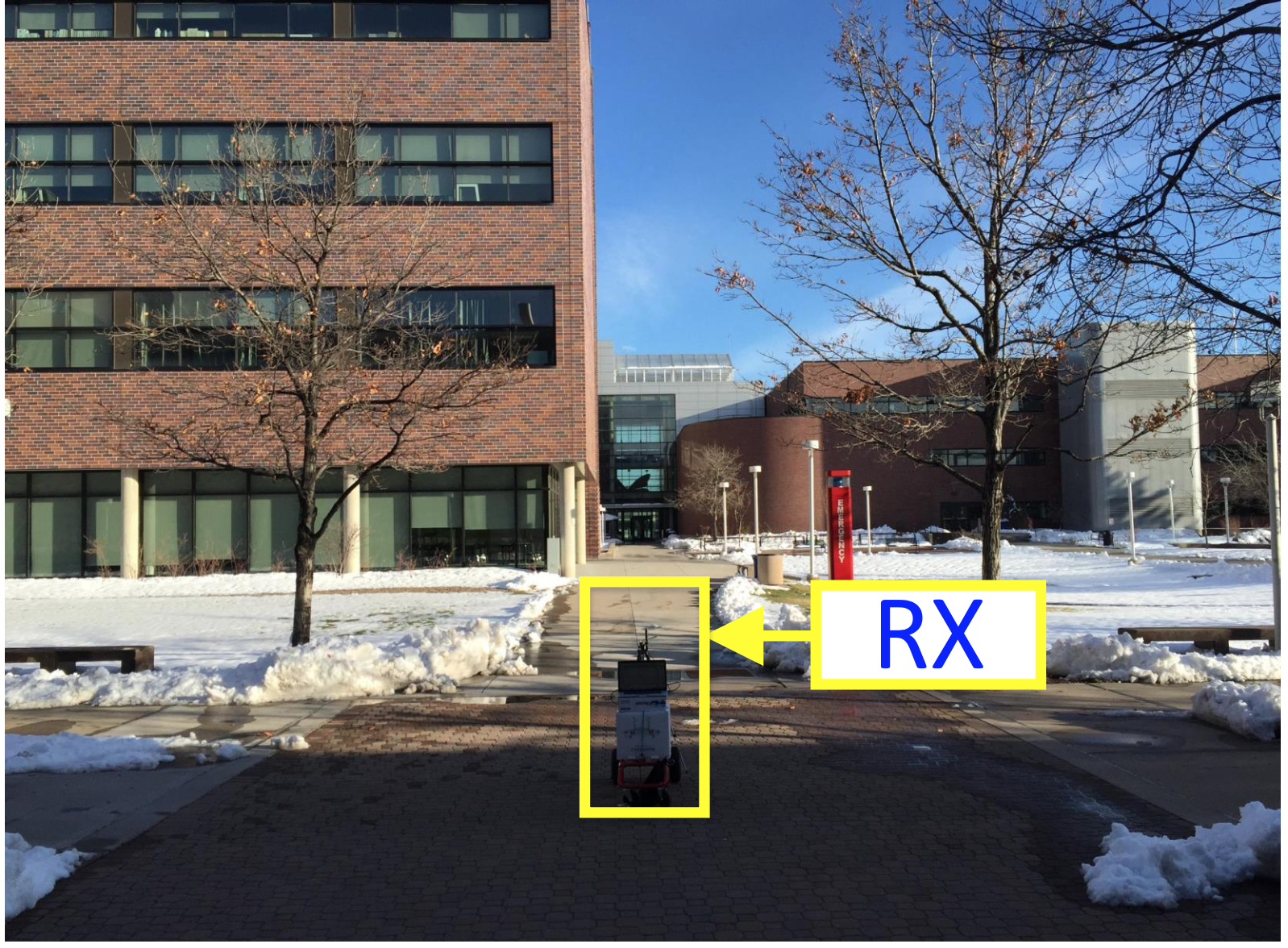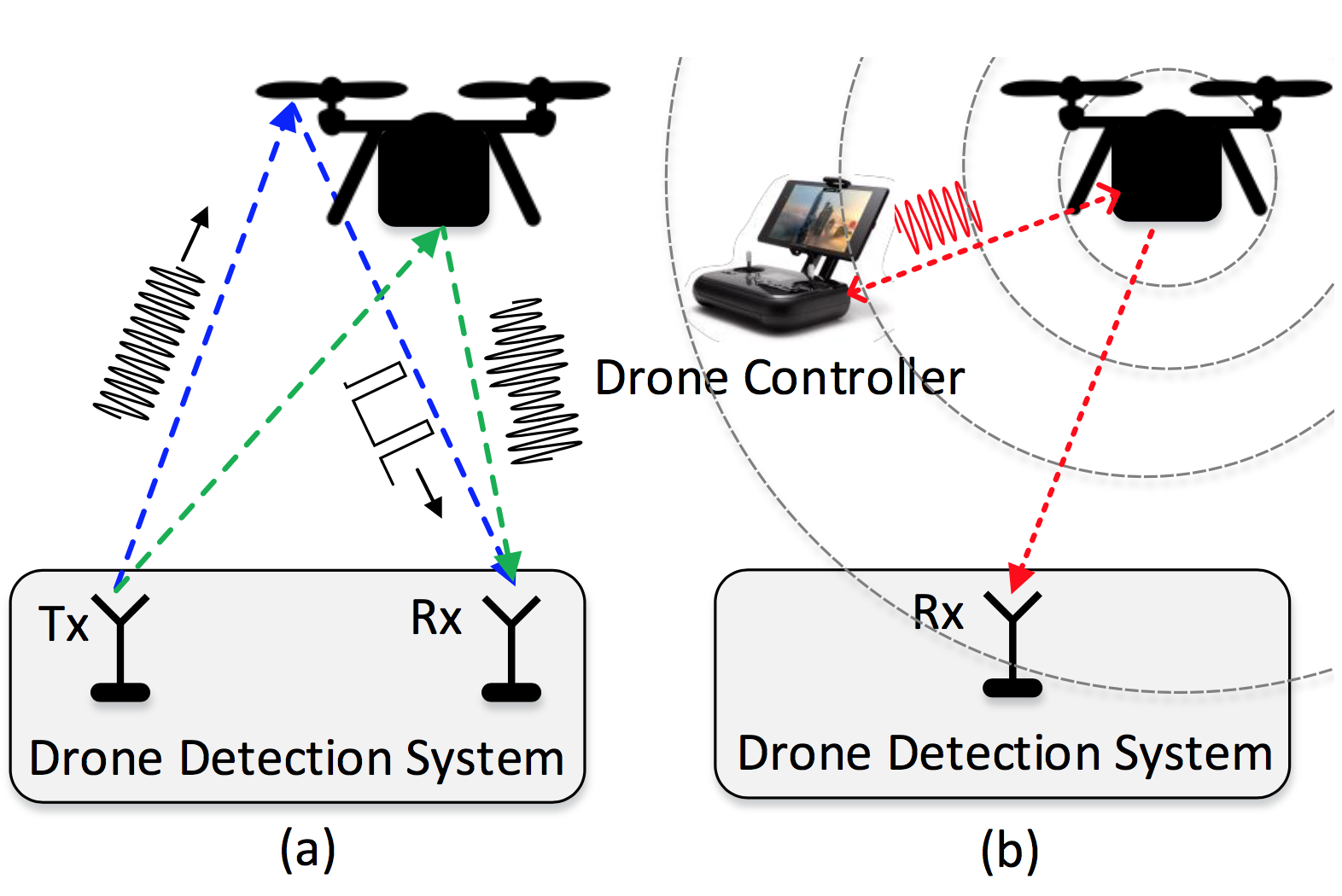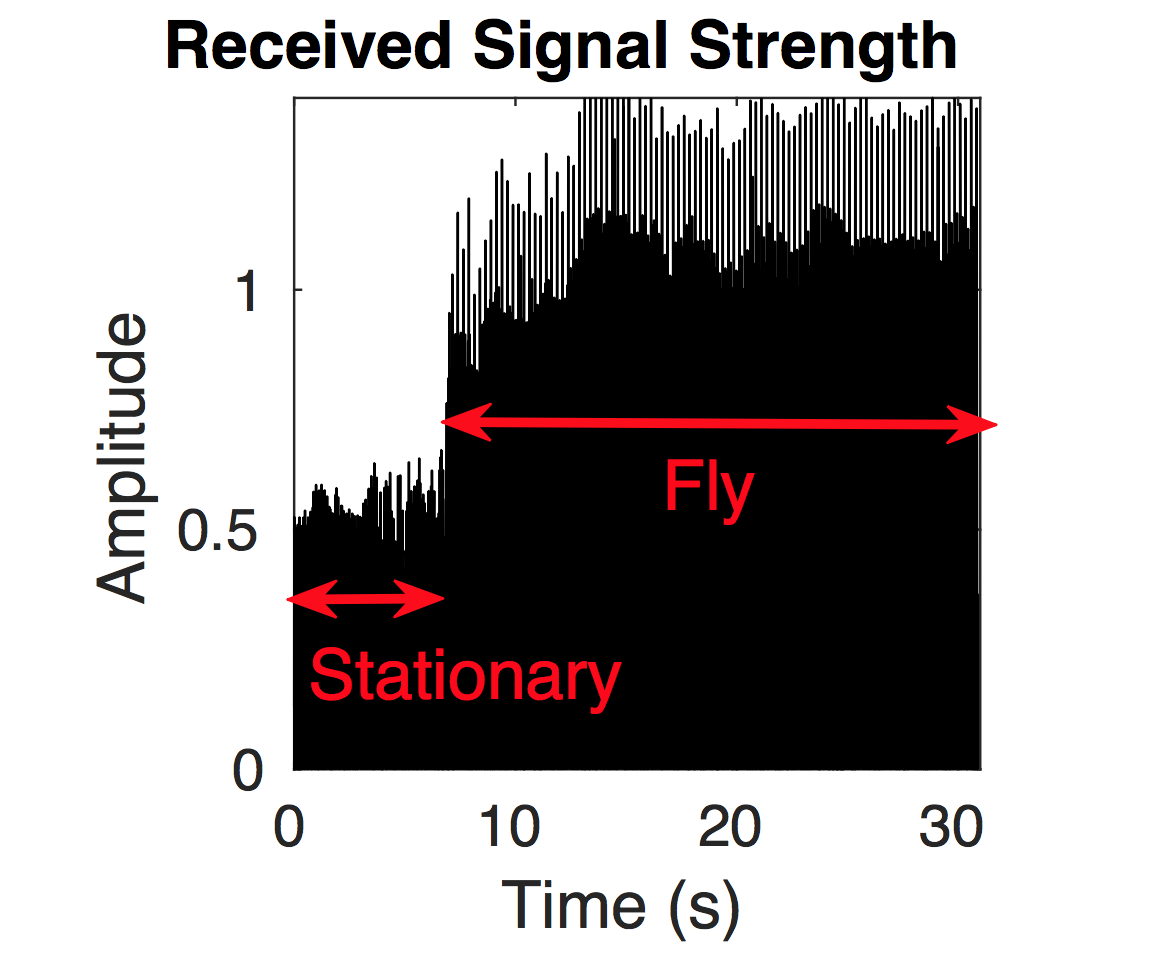Drone Detection : Investigating Cost-effective RF-based Detection of Drones
Project Description
Beyond their benign uses, civilian drones have increasingly been used in problematic ways that have stirred concern from the public and authorities. While many anti-drone systems have been proposed to take them down, such systems often rely on a fundamental assumption that the presence of the drone has already been detected and is known to the defender. However, there is a lack of an automated costeffective drone detection system. In this paper, we investigate a drone detection system that is designed to autonomously detect and characterize drones using radio frequency wireless signals. In particular, two technical approaches are proposed. The first approach is active tracking where the system sends a radio signal and then listens for its reflected component. The second approach is passive listening where it receives, extracts, and then analyzes observed wireless signal. We perform a set of preliminary experiments to explore the feasibility of the approaches using WARP and USRP software-defined platforms. Our preliminary results illustrate the feasibility of the proposed system and identify the challenges for future research.
Authors
- Phuc Nguyen
- Hoang Truong
- Mahesh Ravindranathan
- Anh Nguyen
- Richard Han
- Tam Vu (My Advisor)
Publications
-
Matthan: Drone Presence Detection by Identifying Physical Signatures in the Drone’s RF Communication
ACM MobiSys 2017 - The ACM International Conference on Mobile Systems, Applications and Services, Niagara Falls, NewYork, June 2017.
(34 out of 188 submissions, acceptance ratio: 18%).
Phuc Nguyen, Hoang Truong, Mahesh Ravindranathan, Anh Nguyen, Richard Han, and Tam Vu
-
Investigating Cost-effective RF-based Detection of Drones, [PDF]
ACM MobiSys - DroNet 2016 - The ACM International Conference on Mobile Systems, Applications and Services.
The Workshop on Micro Aerial Vehicle Networks, Systems, and Applications for Civilian Use, Singapore, June 2016.
Phuc Nguyen, Mahesh Ravindranathan, Anh Nguyen, Richard Han and Tam Vu



